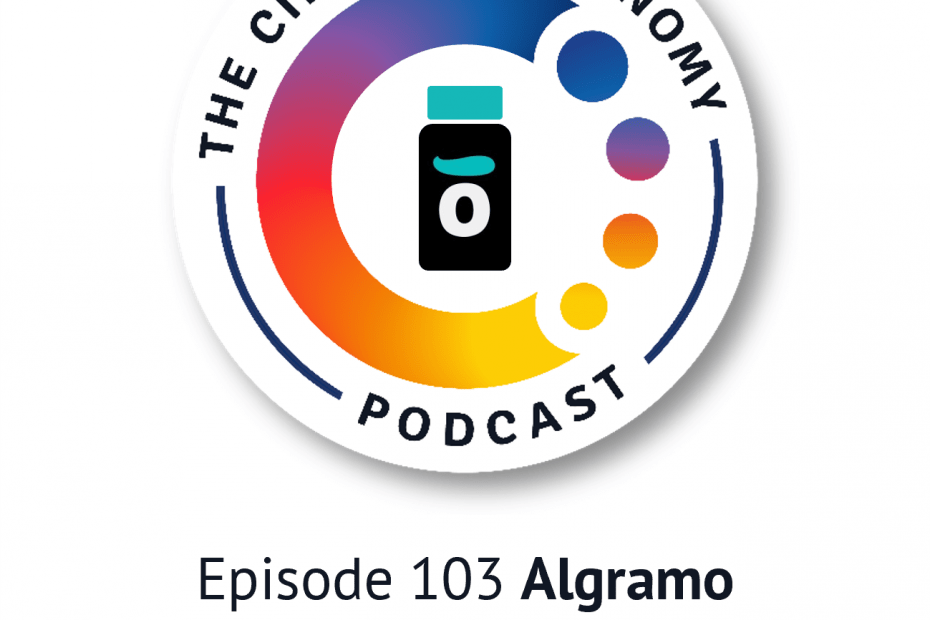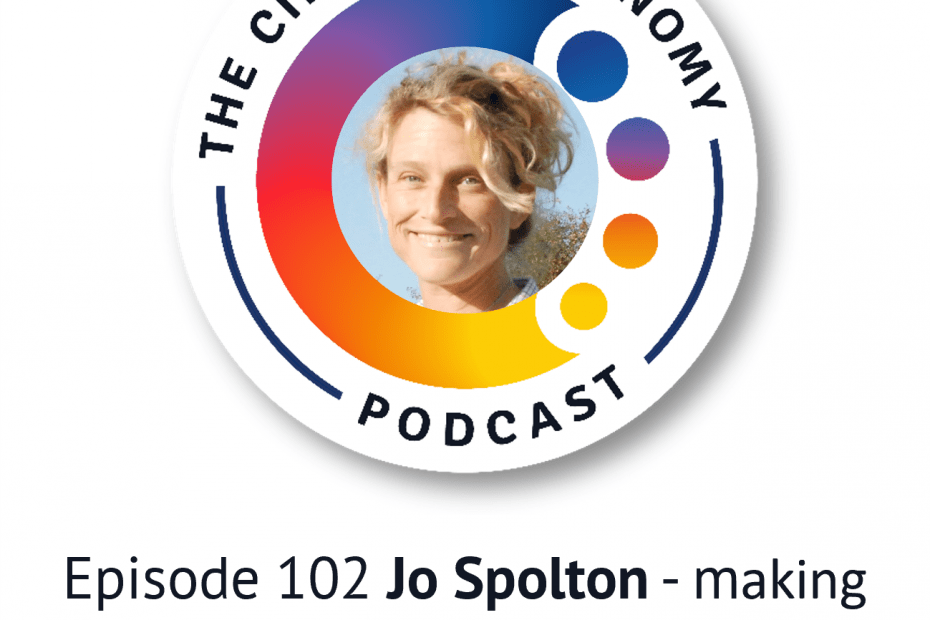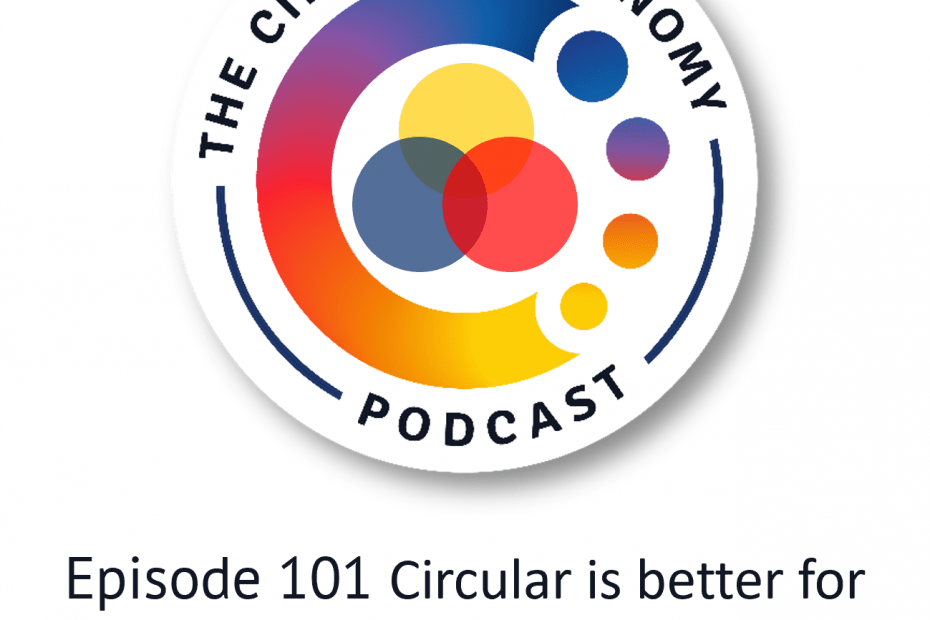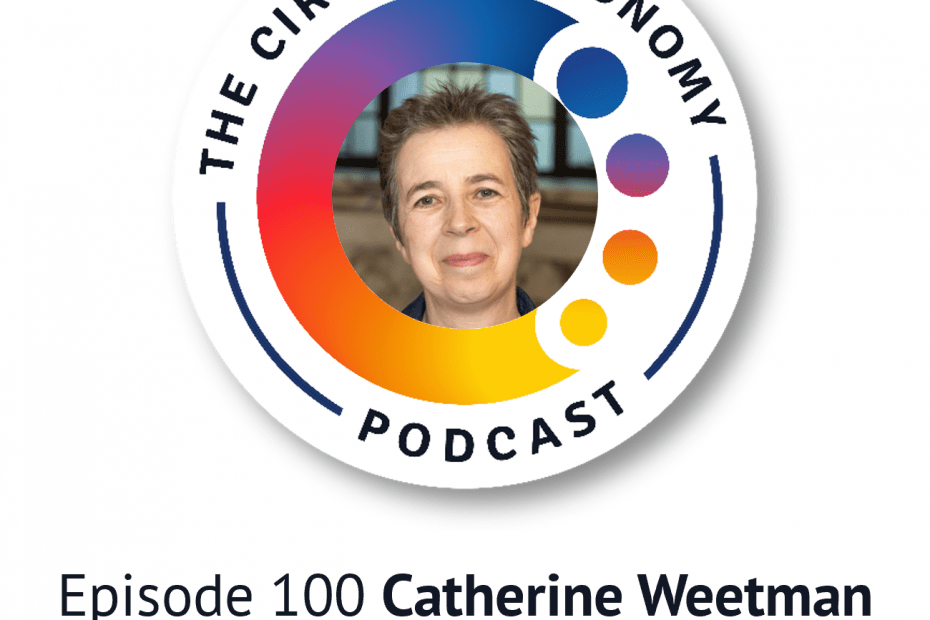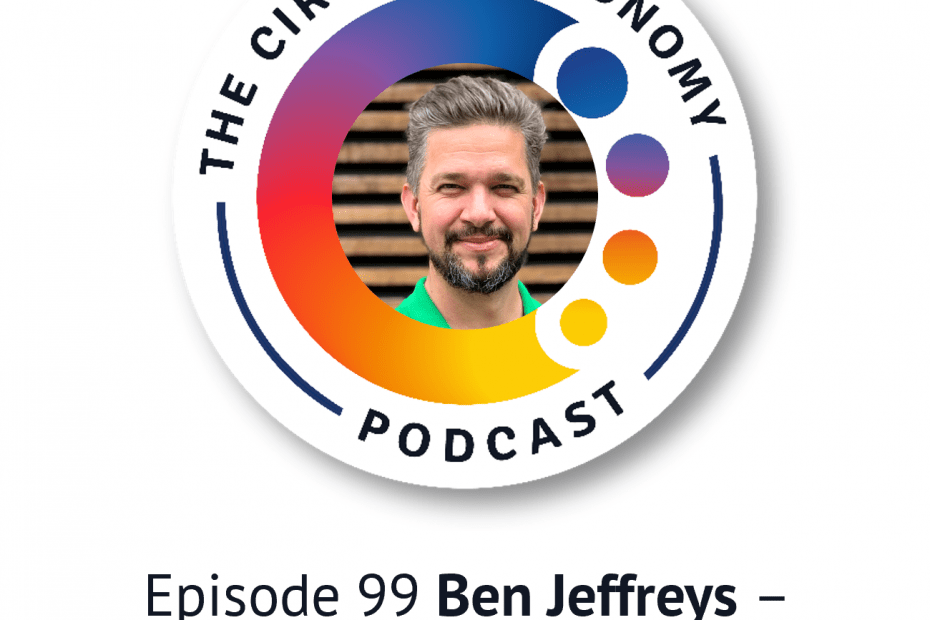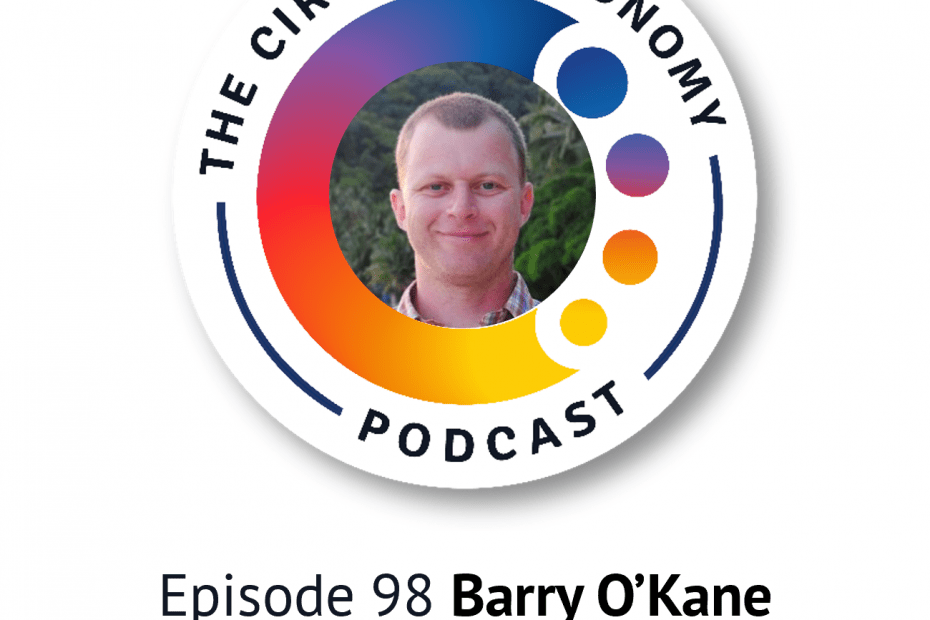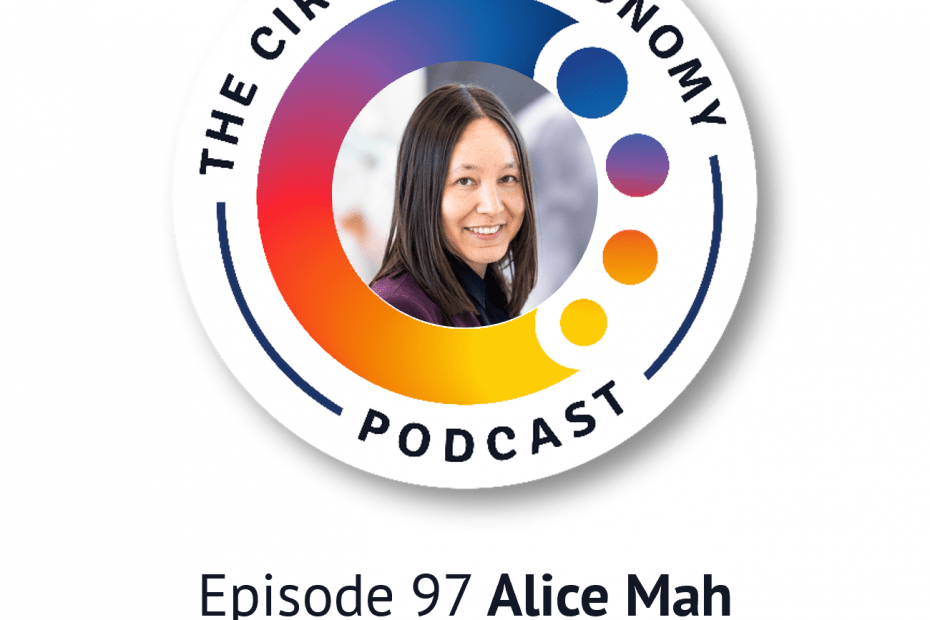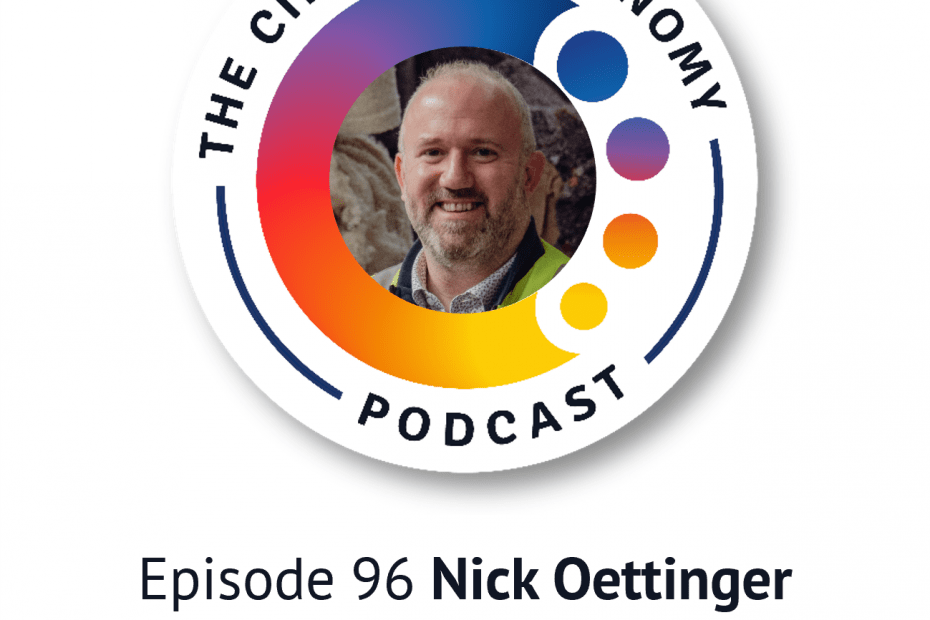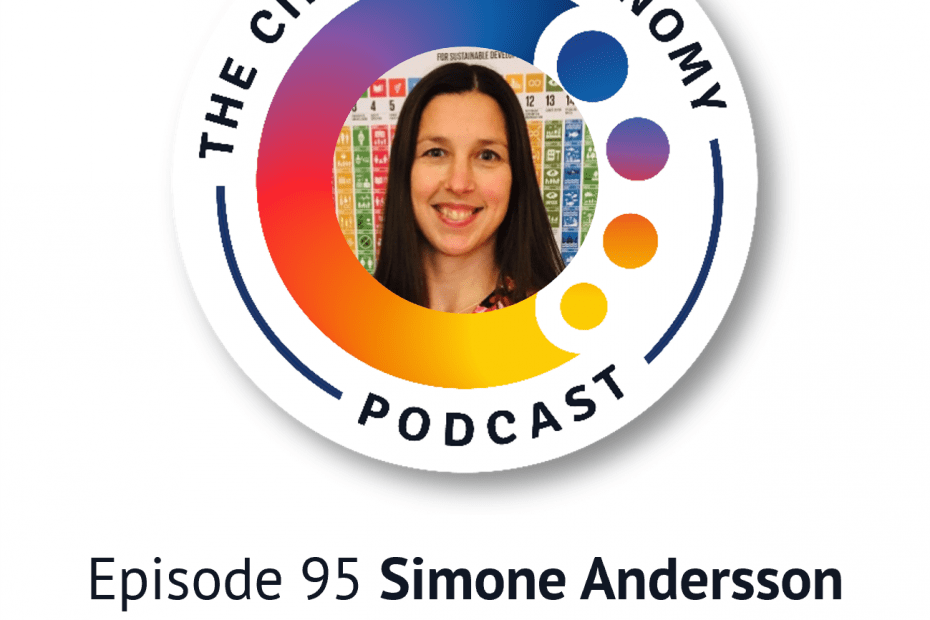103 Algramo – Refill the future
Reusable packaging startup Algramo is going from strength to strength, and we hear from Brian Bauer and Chris Baker on why customers in Chile, the US and the UK are buying into this.
Algramo’s founder, Jose Manuel Moller, came up with a brilliant idea for reusable packaging to help what he called the poverty tax, paid by people who shopped at convenience stores. Those small, local stores sell everyday groceries and household staples, but often in small format packages. That means people often paid around 40% more, per gram or per litre, for the same product they could buy in a bigger format in a supermarket.
In the last couple of years, Algramo has gone from strength to strength, and has started a trial in the UK with Lidl, a German international discount retail chain that operates over 11,000 stores across Europe and the United States.
Algramo is working with Nestle, Unilever, and Walmart in the US, and launched a user-app in 2022. It’s also won several big awards, including the Most Innovative Reuse Company for Consumer Packaging Goods, at the 2022 Reusies awards.
We hear about the Lidl trial, a new project for ‘on the go’ reusable packaging, and hear about innovative packaging and dispensers for liquid home care products. We’ll learn more about what motivates customers to choose reuse, and how reuse rates improve as the new concept becomes ‘normalised’. We also discuss the potential for gamification, and how that could help popularise reuse.
